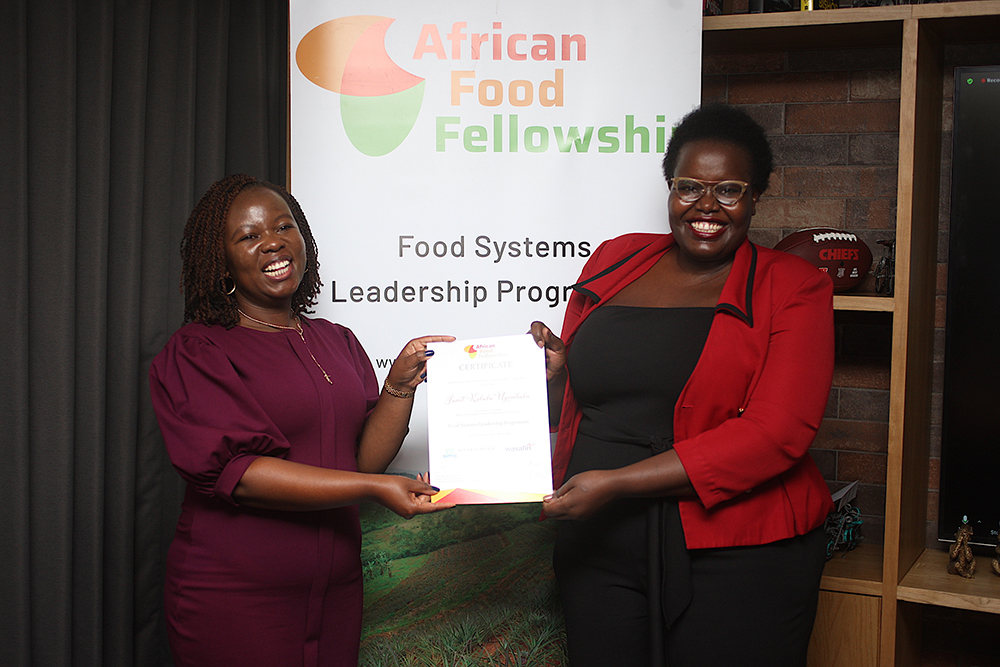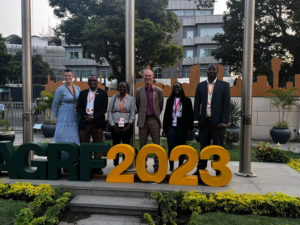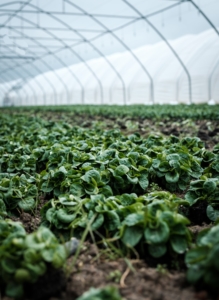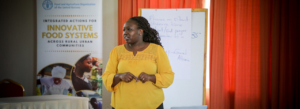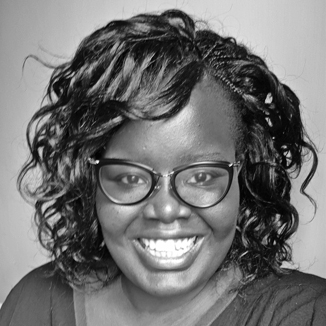AGRF 2023: Time for Food System Leadership
Brenda Mareri &
Claudia Piacenza
Latest posts
Share:
A leadership gap is limiting the transformation of Africa’s food system
We (Team Wasafiri’s Claudia & Brenda) have just returned from the Africa Food Systems Forum (AGRF) 2023 in Dar es Salaam Tanzania, where we had an incredible week connecting with food system actors on the continent.
It was exciting to see that it is now mainstream to talk about food as a system; that we collectively have moved beyond agriculture production as the only issue that matters.
Taking a system view isn’t just a matter of being more in vogue or with the zeitgeist, but has a real-world practical impact on the way we understand the complexities of food. It is through a systems view that we can understand, for example, the impact of empowering women (who are the majority of the worlds’ farmers) to employ climate are the real word complexities of food systems and just focusing on one dimension – such as increased production, increased incomes, or climate adaptation may make action feel reassuringly achievable but is a mirage in terms of real transformation.
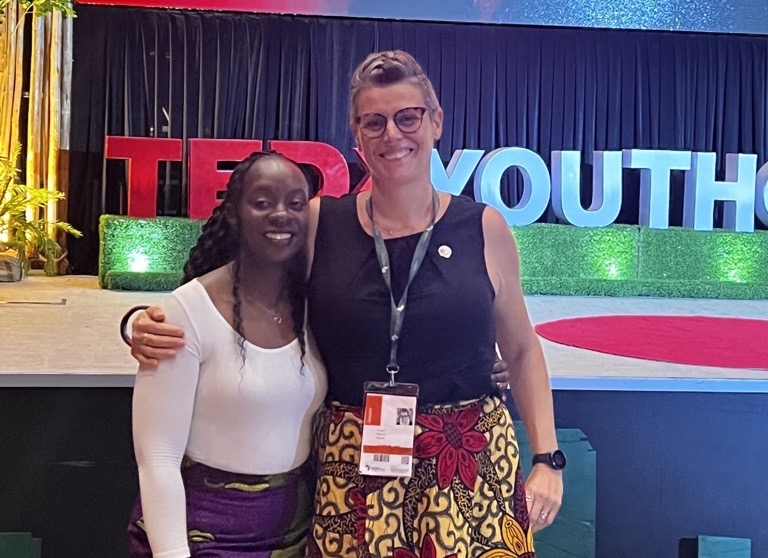
We were also pleasantly surprised to see that soil health is no longer a topic only for geeky soil scientists in a corner, but the subject of several conversations that focus on the “how” rather than the “why”.
Smallholder farmers were acknowledged, mentioned, and celebrated as the backbone of the industry but not yet seen and served as the main clients of that industry. How do we move from smallholders as ‘beneficiaries’ of well-meaning interventions designed to ameliorate the impacts of an industrial food system that is built to serve large scale producers – and into the place where smallerholders hold more of the power within food systems?
Chefs from all over the world united their creative minds and sapient hands to elevate “poor” ingredients like beans to demonstrate that healthy diets do not have to be affordable only for middle-class, urban consumers.
And yet despite this great breadth of knowledge, creativity, inspiration and expertise, we are still dealing with incredibly stubborn problems as the Africa Agriculture Status Report reminds us. Why is that?
A big part of the answer lies in the need for a different kind of leadership. Systemic leadership was lacking at the AGRF. We saw a large showcase of good intentions but very little sense-making and collaboration at a level that can truly advance systemic change. Food System transformation requires a deep appreciation of the interconnections not just between the people that produce, process, transport, sell and consume food but also the relationship to the natural world that is the genesis of it all. No one leader, institution, company, or government, however well-intentioned and well-resourced is going to be able to transform a food system alone. It just can’t be done. Collective action is the only form of action that is going to work – and this needs network-driven forms of leadership where collaboration is not an optional activity but the default mode.
Finally, we have a serious problem with the representational status of African rulers who are often over 60, while the average African is 20 years old. And we still do not have enough women leaders with access to the power they need and deserve to nurture collective change at scale. We need to talk about it and support a new generation of African leaders for Food Systems.
The African Food Fellowship is investing in African Food System leaders in Kenya and Rwanda. We are starting to see how leaders can transform food systems in their countries towards more equitable, sustainable, and healthy outcome. Reach out if you want to know more!
If you enjoyed this blog then try this one about speeding up Food System Transformation





